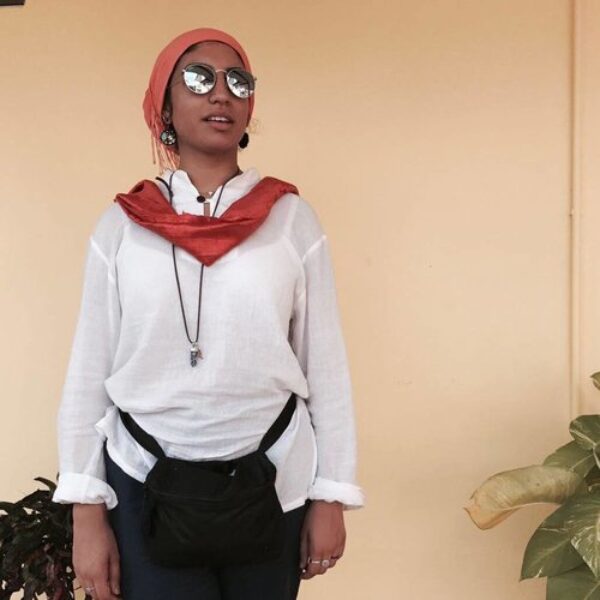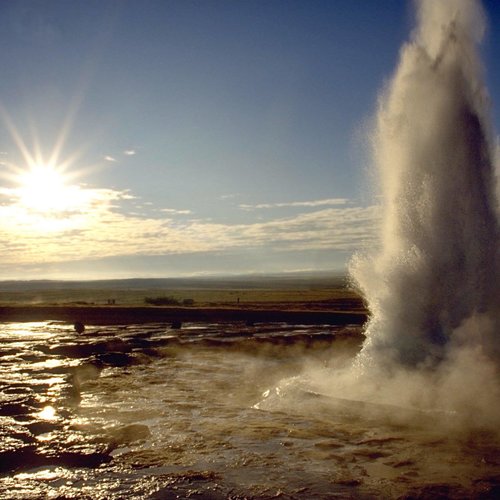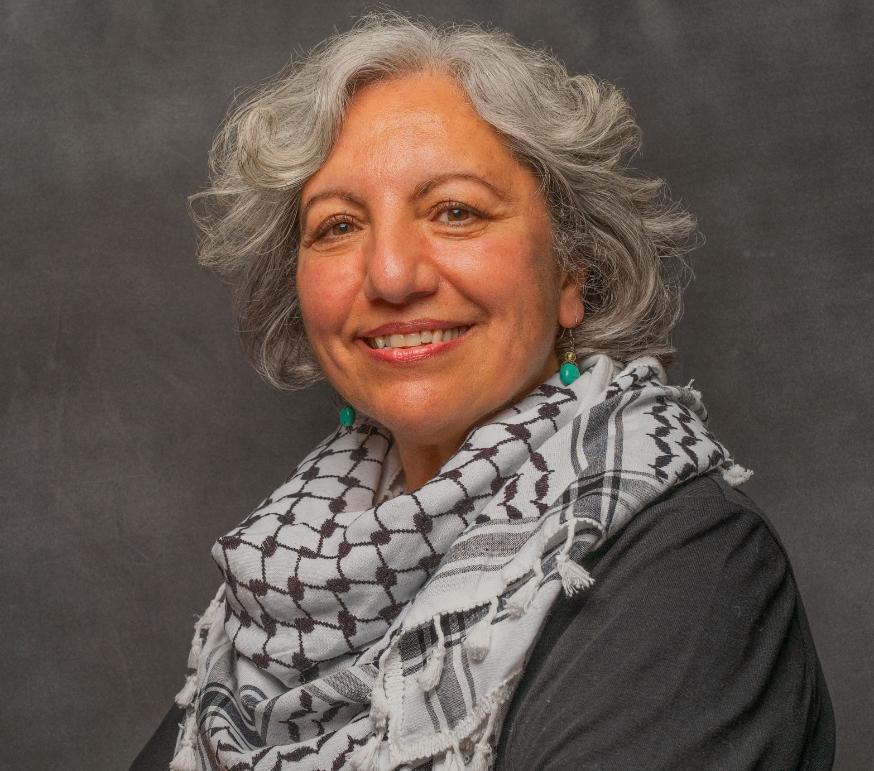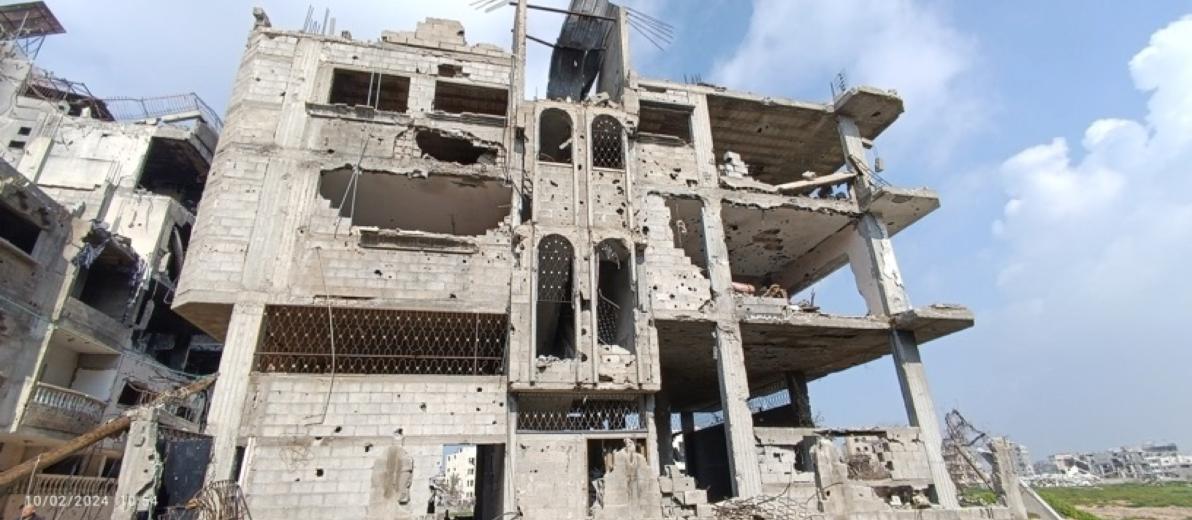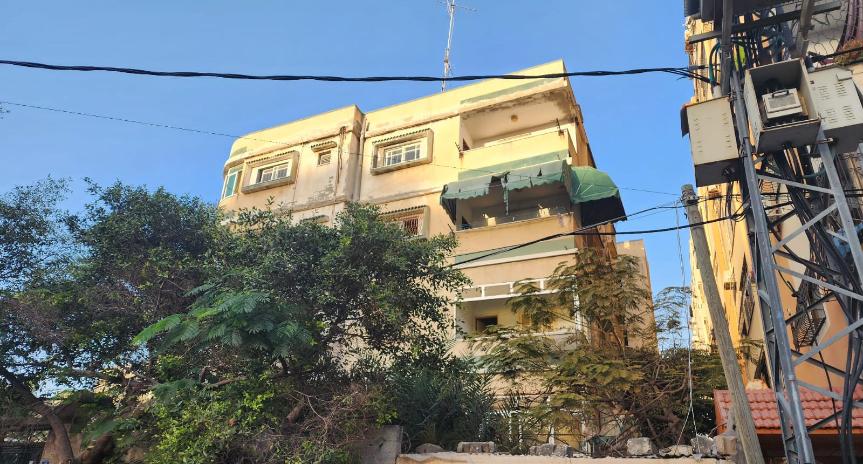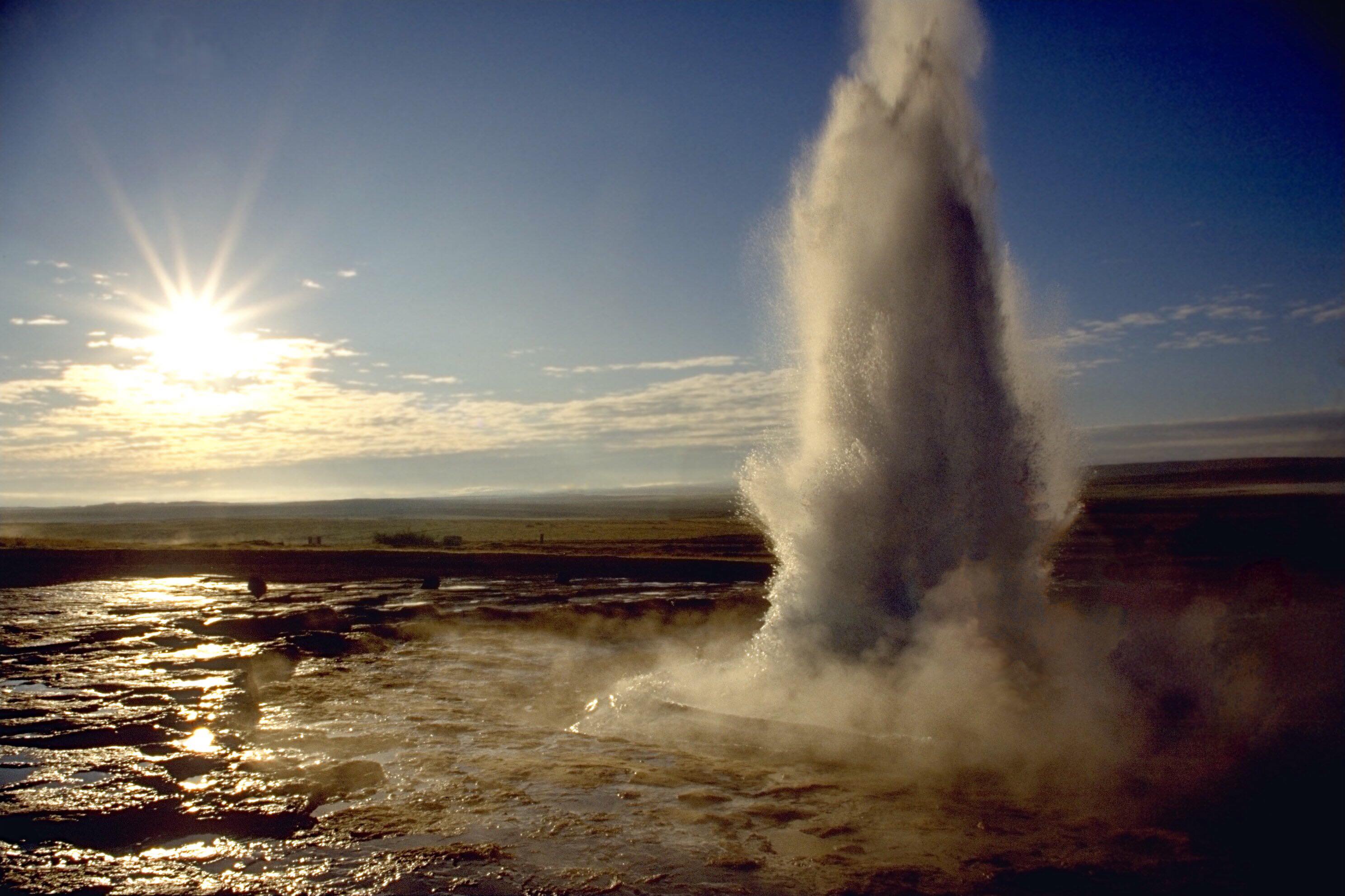
They call the revolution in the Arab world a "spring," as if, out of nowhere, we appeared. As if even our ancestors’ graves hadn't been bubbling over for centuries.
A "spring," as if we embody the story of Ismail and Hajar in the desert: Ismail kicks the ground with his feet and out pours a river, just like that. They think we forgot that Hajar ran from Safa to Marwa, searching for water. (1)
They act as if we weren’t visionaries long before they knew how to walk. As if we don’t know they broke apart our region over afternoon tea, then pitted us against each other. As if we’re oblivious to them profiting off our holy water, the same spring Ismail unleashed with his feet.
Like him, we split the ground with our soles as our hearts bled into the ocean.
This was not an Arab Spring; it was, and is, al–thawra. Thawra is to stir, excite, swirl, erupt. This revolution was an eruption. We burst from the boiling pot that makes chai (tea) after maghrib (sunset prayer). Every stolen piece of history will be returned: the nightly dhikr sessions before yawm al-jumaah(2), the street names that remember Prophet Muhammad, the trees that cried when he prayed elsewhere. The river that carried Musa (Moses), the fire that cooled Prophet Ibrahim (3), the streets that miss the voice of the most beautiful muezzin, Bilal (4).
When we are done, the world will know that the Arab Spring sprang from the feet of Ismail, then turned into a volcano that burned and dried up every drop of corruption.
(1) In Islamic tradition, Abraham (Ibrahim) was commanded by God to leave his wife Hajar and their infant son, Ismael, alone in the desert between the hills of Safa and Marwa. When their provisions were exhausted, Hajar ran back and forth seven times between the two spots before finally returning to her son, only to find that a well had sprung up under his feet.
(2) Short sentences glorifying God, said before Friday prayer.
(3) When Abraham (Ibrahim) destroyed the people’s false idols, they threw him into a fire. However, Allah saved him, making the fire cool and safe.
(4) A muezzin calls the faithful to prayer; Bilal served in that role for Prophet Muhammad.

